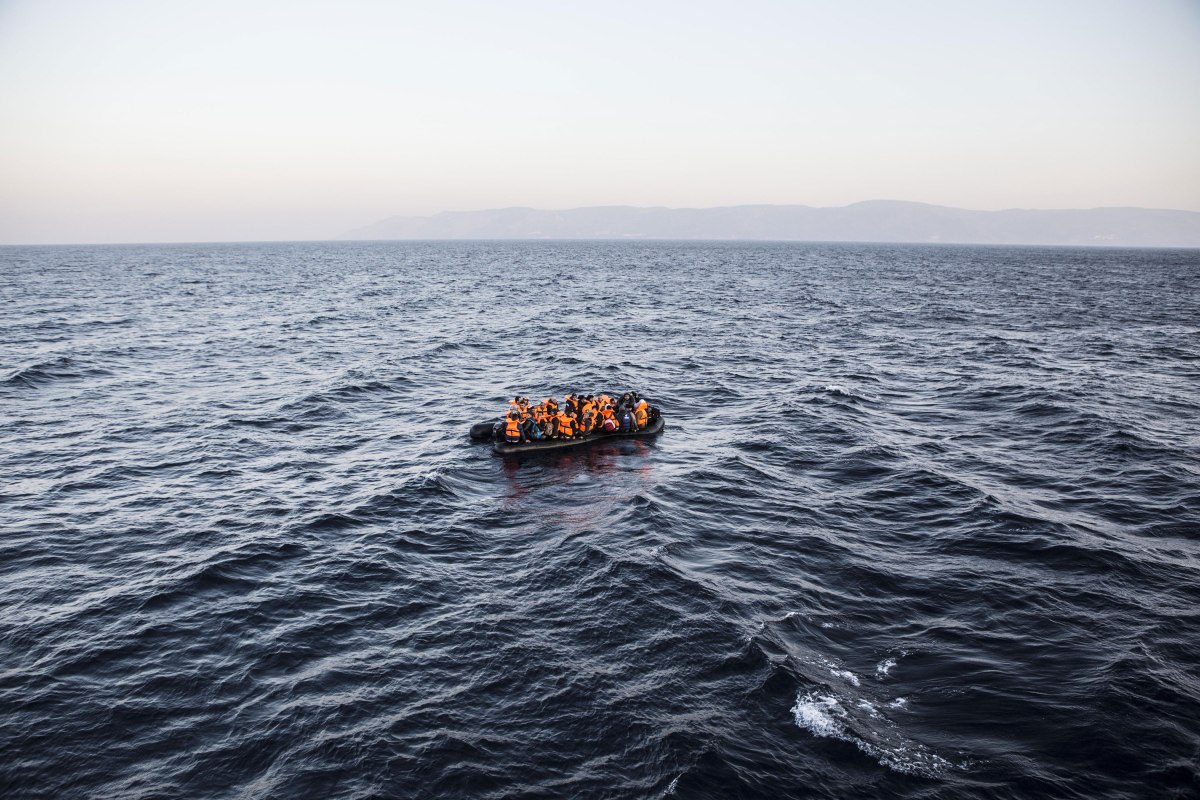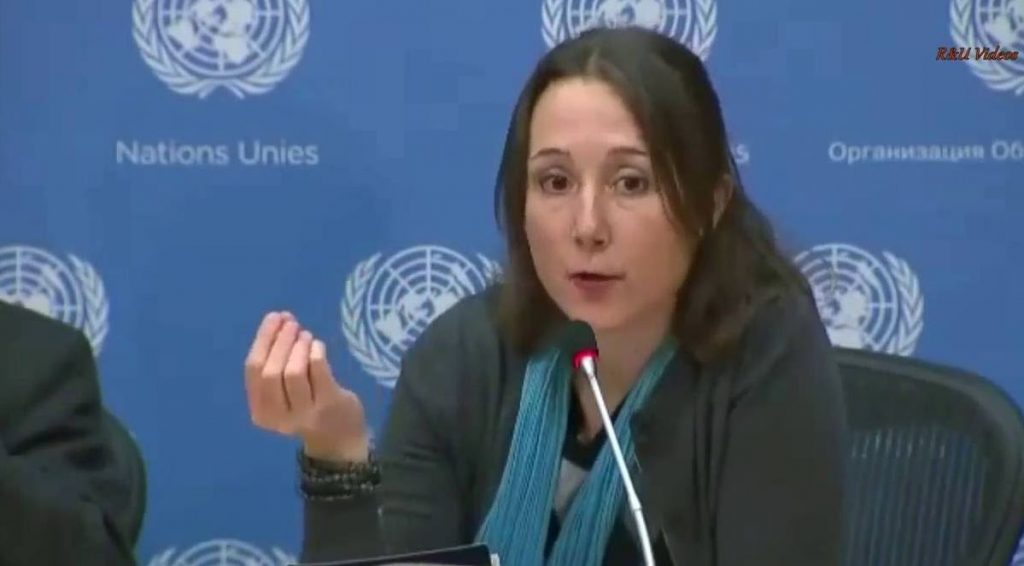An edited version of this article first appeared in the Centre of Global Policy’s The Navigator.
Friendly Sirens and Deadly Shores
By Muhammad Idrees Ahmad
As the US prepares for another high stakes election, the outcome is likely once again to be influenced by a third party: Russia. But only if the electorate cooperates.
Ahead of the 2016 election there were frequent mentions of Russian interference, but its possible impact was generally dismissed. Democrats were convinced their candidate would win; and Republicans, resigned to the same, treated Russia as a side issue. The outcome jolted everyone. Because of this, no one is discounting the threat this time. But the underlying causes that helped foreign actors succeed have grown deeper. There is now greater awareness about Russian tactics, but a stronger resolve will be needed to resist them.
In the myriad investigations, few stones have been left unturned about the methods and scope of Russia’s intervention. But while Russia has shown ingenuity in using digital propaganda, its success derives less from methodological sophistication than from structural vulnerabilities. To have any hope of countering Russian “active measures”, it is important therefore to understand not just the dissemination of propaganda, but also its reception. Propaganda, ultimately, is a cooperative enterprise. It feeds on existing biases. It requires both an active audience, which already shares the propagandist’s assumptions, and a larger, passive audience, which imbibes it based on the legitimacy accorded it by the active audience. People are susceptible to propaganda because it offers affective rewards and reduces cognitive labor. That is why any discussion on how it functions needs to begin with why it works.
Continue reading “How Disinformation Works”




 You would know none of this if your only window into the Syrian conflict is the western media or, worse, its Kremlin counterpart. Syria, for all one can tell from their coverage, is about ISIS atrocities, Al Qaeda gains, Coalition bombings, regime advances, Russian resurgence and CIA manoeuvres. It is a geopolitical chessboard in which Syrians are mere pawns, denied agency, except in violence; denied humanity, except in victimhood. When earlier this week the UN war crimes prosecutor Carla del Ponte resigned over the Security Council’s inaction, she saw fit to add: “everyone in Syria is bad now”. She said this at a time the news of the execution of media activist Bassel Khartabil was becoming public, Idlib University was holding free elections, Saraqib and Eastern Ghouta were electing local councils and volunteers from the Syrian Civil Defence were risking lives to rescue victims of the regime’s relentless bombings. For del Ponte and her ilk, these people might as well not exist.
You would know none of this if your only window into the Syrian conflict is the western media or, worse, its Kremlin counterpart. Syria, for all one can tell from their coverage, is about ISIS atrocities, Al Qaeda gains, Coalition bombings, regime advances, Russian resurgence and CIA manoeuvres. It is a geopolitical chessboard in which Syrians are mere pawns, denied agency, except in violence; denied humanity, except in victimhood. When earlier this week the UN war crimes prosecutor Carla del Ponte resigned over the Security Council’s inaction, she saw fit to add: “everyone in Syria is bad now”. She said this at a time the news of the execution of media activist Bassel Khartabil was becoming public, Idlib University was holding free elections, Saraqib and Eastern Ghouta were electing local councils and volunteers from the Syrian Civil Defence were risking lives to rescue victims of the regime’s relentless bombings. For del Ponte and her ilk, these people might as well not exist.




